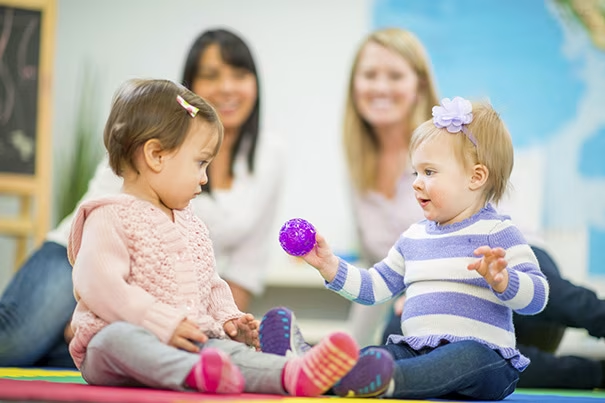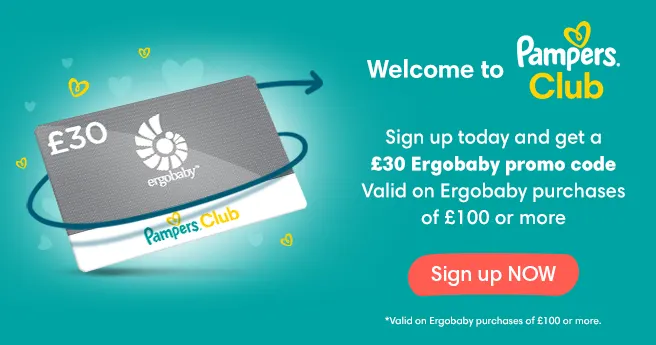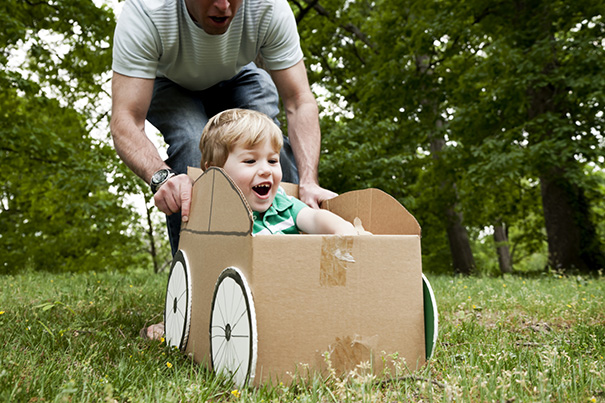
Play-dates for toddlers
It's sweet when your child plays together with other children. What's not so sweet is when the fun suddenly morphs into a toddler tantrum and a screaming match over toys.
Preparing for a play-date, diffusing difficult situations, ensuring a stress-free, fun experience for both you and your child: here's what you need to know.
Key Takeaways
1. Scheduling a play-date
Your child probably won't start truly interacting with other kids until age three. Signs that your child is ready to play with a friend include being more aware of other people's feelings (asking why another child is sad, for example) and showing curiosity about what her neighbour is doing or playing with.
2. Anticipate limited interaction – at first
Keep in mind that at this age, your child probably hasn't yet mastered the idea of cooperation and doesn't have enough vocabulary to explain her frustrations. This means you should be ready to do damage control if tempers start to get out of hand during toddler play.
3. Preparing for the play-date
Agreeing to keep the play-date short will help ease the frustrations that result when kids are overly tired or stimulated. Once you've scheduled the play-date, give your tot a heads-up. Tell him that Sam is coming over to play and that he'll need to share his toys. Let him choose some special toys that can be put away during the play-date.
4. Your role during the play-date
You'll want to stay in the room during the first play-date, but not overly engaged. If things do become heated, feel free to step in. A simple explanation can work wonders: “Sam hasn't had a chance to play with the toy car yet. How about we set a timer for you to play with it for three more minutes? Then you can give it to Sam.”
Read more about Toddler
Join Pampers Club and get:





